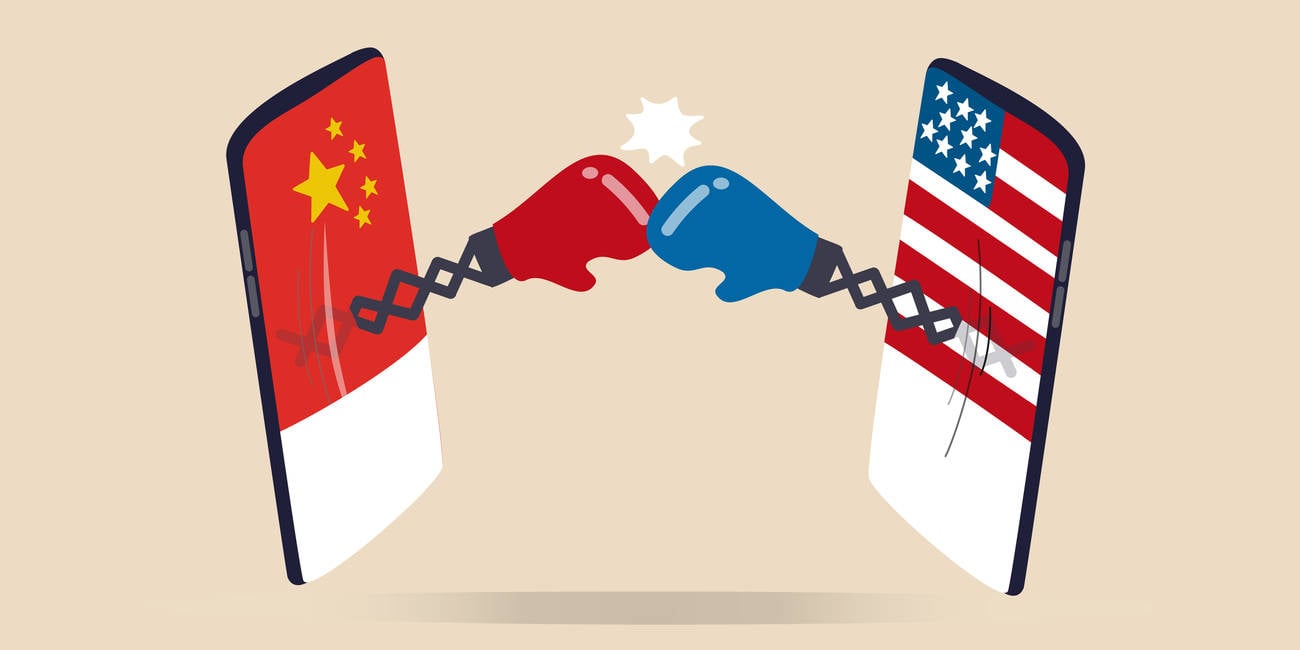Chinese Chipmaker SMIC Says US Sanctions Mean It Will Struggle To Develop 10nm Products

China’s largest chipmaker, Semiconductor Manufacturing International Corporation (SMIC), has told investors that new US sanctions announced late last week will be a long-term hassle but won’t impact its current operations.
In a Sunday disclosure [PDF] to the Hong Kong Stock Exchange, SMIC said its addition to a US “Entity list” of organisations prevented from acquiring certain American technologies will have “no material adverse effect on the Company’s short-term operations and financial positions”.
But in the longer term, the ban “will have a material adverse effect on the research and development and capacity construction of 10 nanometres and below advanced technology nodes.”
SMIC offers foundry services that China hoped would become a source of both export revenue and home-grown tech that would fuel its AI-reliant “smart economy” plan. While that plan will certainly be possible with SMIC’s current 14nm processes, China knows it needs more data centres, worries about their energy consumption, and will therefore need more servers and more power if it can’t deploy 10nm or lower tech locally.
SMIC’s admission that being on the entity list is therefore a problem for the Middle Kingdom. The company has protested that it is not entangled with China’s military, as alleged in the reasons for its addition to the Entity List, and promised to keep talking to US authorities in the hope of winning relief.
While SMIC struggles, India sees opportunity. The nation last week issued an expression of interest [PDF] for anyone who fancies building a semiconductor fabrication plant in the country, or local consortia keen to buy one outside India.
Anyone keen to come and play will need to be thinking at 28nm or lower scale.
The document is testing the waters rather than asking for specific proposals, with India’s Ministry of Electronics and Information Technology saying responses “may be utilized to formulate a Scheme for setting up / expansion of existing Semiconductor wafer/device fabrication (FAB) facilities in India or acquisition of Semiconductor FABs outside India.”
The USA and India get on very well, have many technology industry ties, and currently share a dislike for Chinese imports. An Indian fab would likely be seen as a market opportunity in a like-minded democracy rather than a threat to the USA or its corporations. ®
From Chip War To Cloud War: The Next Frontier In Global Tech Competition
The global chip war, characterized by intense competition among nations and corporations for supremacy in semiconductor ... Read more
The High Stakes Of Tech Regulation: Security Risks And Market Dynamics
The influence of tech giants in the global economy continues to grow, raising crucial questions about how to balance sec... Read more
The Tyranny Of Instagram Interiors: Why It's Time To Break Free From Algorithm-Driven Aesthetics
Instagram has become a dominant force in shaping interior design trends, offering a seemingly endless stream of inspirat... Read more
The Data Crunch In AI: Strategies For Sustainability
Exploring solutions to the imminent exhaustion of internet data for AI training.As the artificial intelligence (AI) indu... Read more
Google Abandons Four-Year Effort To Remove Cookies From Chrome Browser
After four years of dedicated effort, Google has decided to abandon its plan to remove third-party cookies from its Chro... Read more
LinkedIn Embraces AI And Gamification To Drive User Engagement And Revenue
In an effort to tackle slowing revenue growth and enhance user engagement, LinkedIn is turning to artificial intelligenc... Read more

